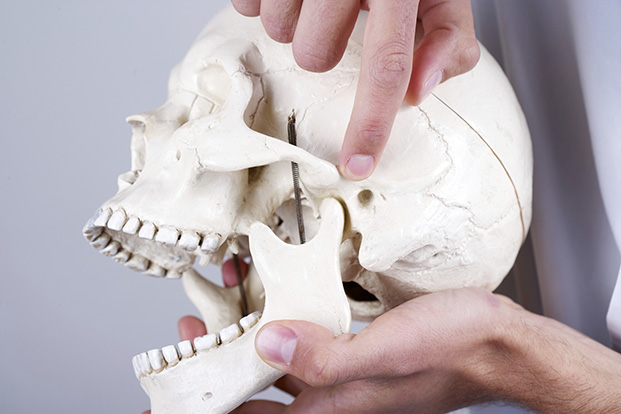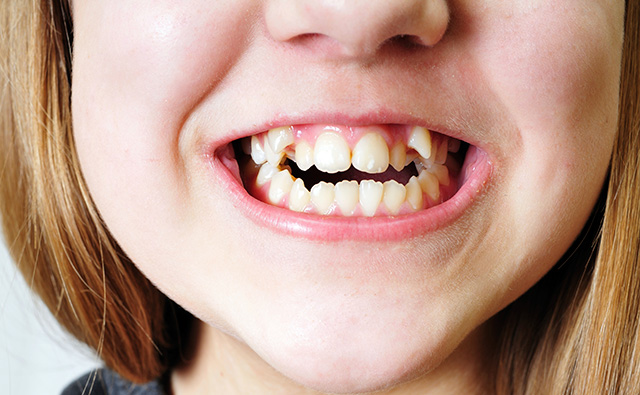Orofacial myology corrects orofacial myofunctional disorders (OMDs) by correcting the position, motor patterning and strength of the muscles of the face, neck, jaw and oral cavity through the use of progressive exercises.
It can be the missing link for effective integrative treatment of orthodontic problems, breathing disorders, chronic craniofacial and neck pain and sleep apnea.


